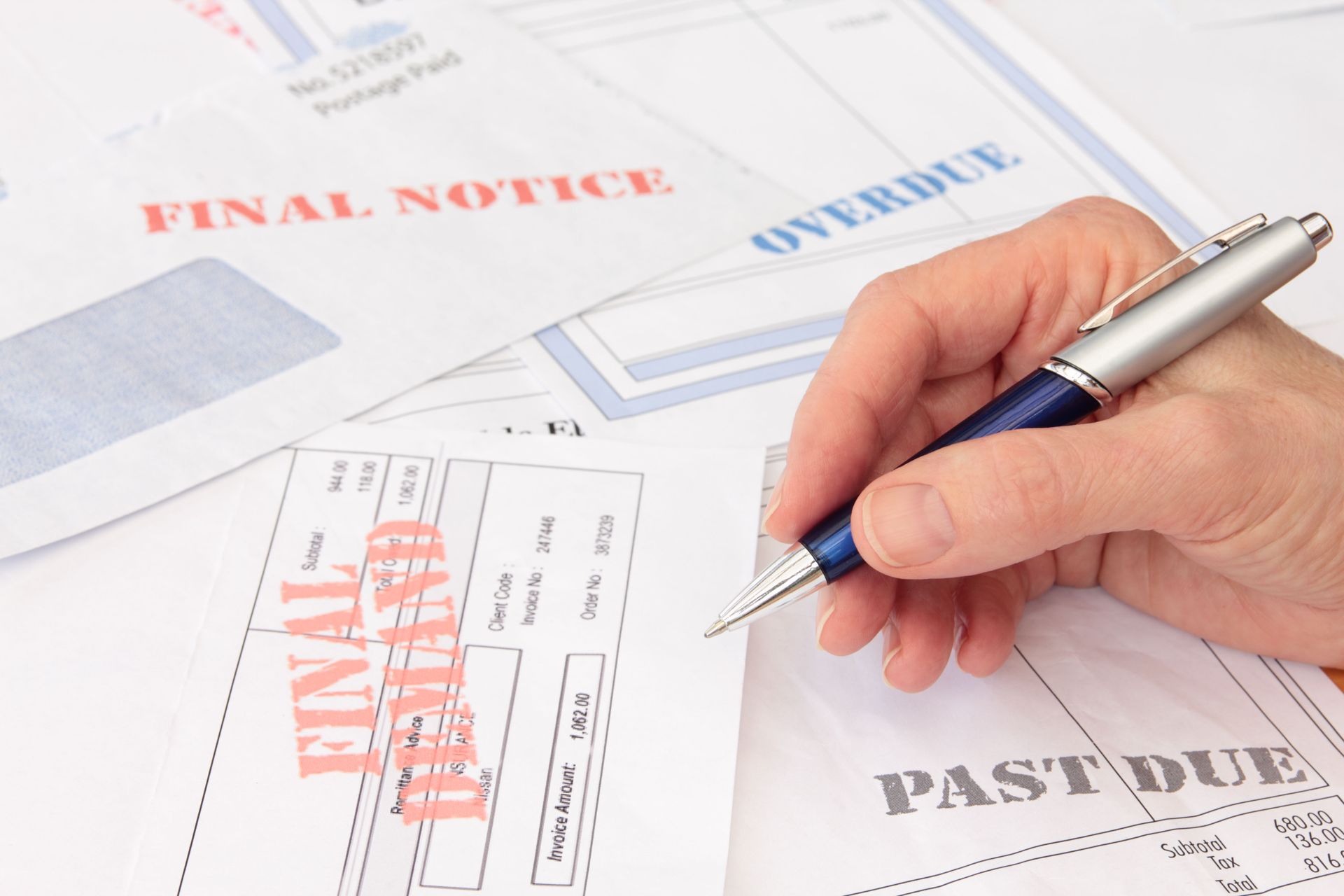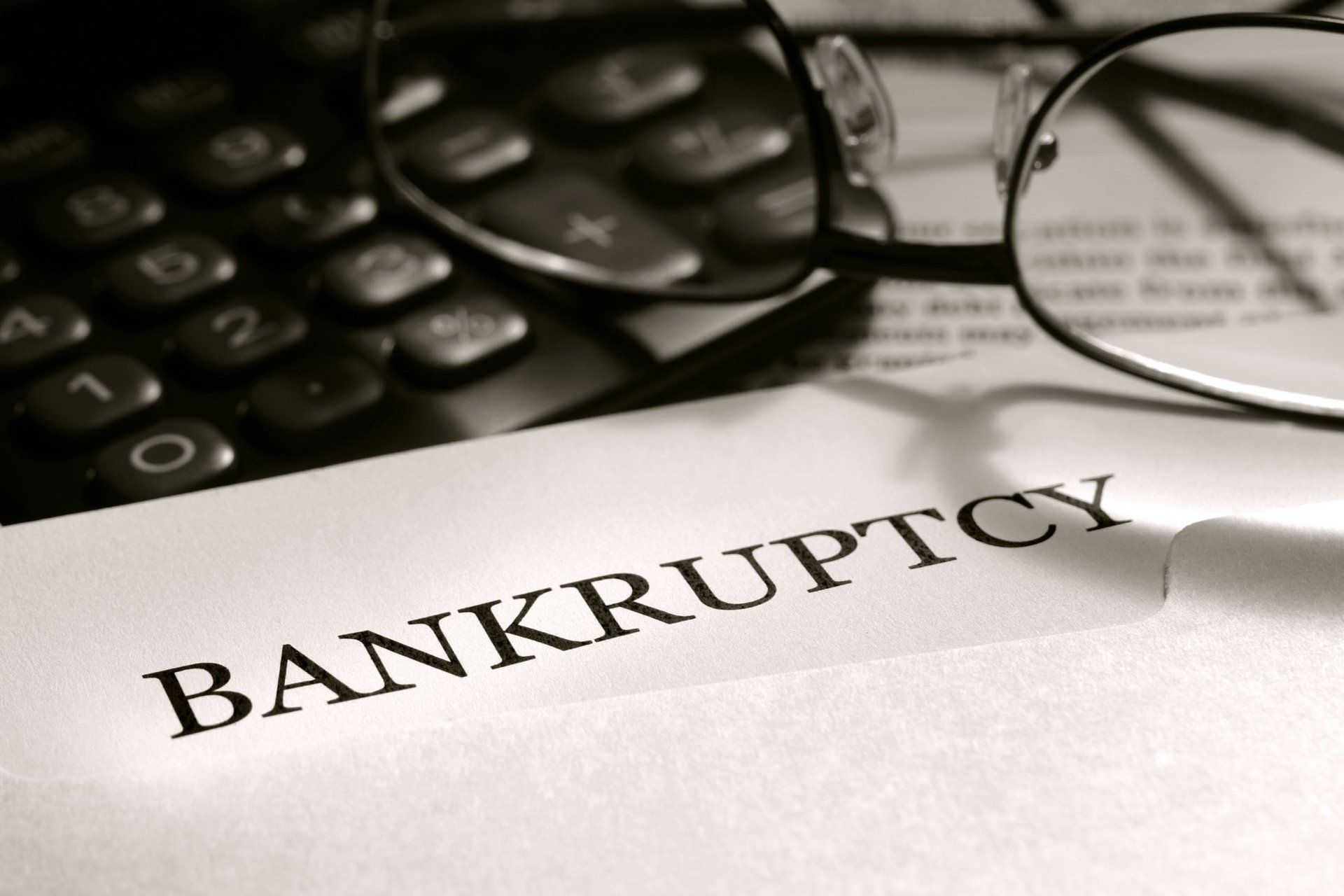3 Surprising Facts About Bankruptcy
1. Bankruptcy Can Help Boost Your Credit Score
Bankruptcy isn't a total reset when it comes to your credit score, but it can help give it a boost. Because the amount of money owed will decrease by the amount of debt that's discharged, you'll be better able to keep your credit score healthy. After your filing process is complete, be sure to manage your credit wisely. You'll also want to pay any remaining debt that wasn't discharged on time and as agreed in your credit terms.
2. It's Possible to Retain Your Car During Proceedings
Many people believe that you have to relinquish all assets when it comes to filing for bankruptcy. This isn't always the case. When you go to court and present your case that giving up your car or home would cause undue harm, you may be able to keep them. This is true even in some cases where the trustee advises that your assets be seized. The final decision, which can override the trustee's opinion, is made in court.
3. Not All Debts Can Be Erased Through Bankruptcy
There are a number of different debt types that are rarely (if ever) dissolved. The three main types of this kind of debt are child support, alimony, and student loans, according to the U.S. Court System. Often, back income taxes are excluded from dissolution, but this is usually handled on a case-by-case basis. For many people, it's still worthwhile to file for bankruptcy even in situations where they'll still have some amount of debt after filing. If you're unsure if it makes sense for you to file for personal bankruptcy, it's time to sit down with an attorney. It's important to seek legal counsel when it comes to bankruptcy.
Is it time for you to seek help with your debt? A bankruptcy filing may be a possible solution. Our law firm has the experience and knowledge necessary to help guide you through the process. Contact Weinberg & Ziegler PLLC to schedule a consultation today.






Share On: